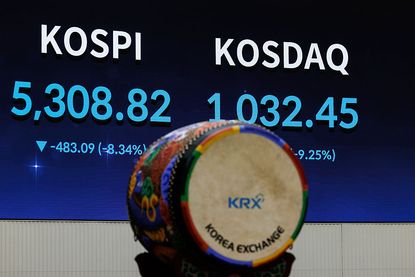Emerging Markets
The latest news, updates and opinions on Emerging Markets from the expert team here at MoneyWeek
-
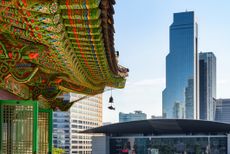
Why do experts think emerging markets will outperform?
Emerging markets were one of the top-performing themes of 2025, but they could have further to run as global investors diversify
By Dan McEvoy Published
-

Three emerging-market stocks to diversify your portfolio
Opinion Omar Negyal, portfolio manager, JPMorgan Global Emerging Markets Income Trust, highlights three emerging-market stocks where he’d put his money
By Omar Negyal Published
Opinion -

Exciting opportunities in biotech
Biotech firms should profit from the ‘patent cliff’, which will force big pharmaceutical companies to innovate or make acquisitions
By Max King Published
-
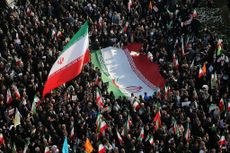
The state of Iran’s economy – and why people are protesting
Iran has long been mired in an economic crisis that is part of a wider systemic failure. Do the protests show a way out?
By Simon Wilson Published
-
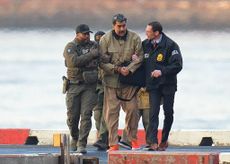
The rise and fall of Nicolás Maduro, Venezuela's dictator
Nicolás Maduro is known for getting what he wants out of any situation. That might be a challenge now
By Jane Lewis Published
-

Three Indian stocks to buy for long-term profit growth
Opinion Rita Tahilramani and James Thom, co-managers at the Aberdeen New India Investment Trust, highlight three Indian stocks to buy now
By Rita Tahilramani Published
Opinion -
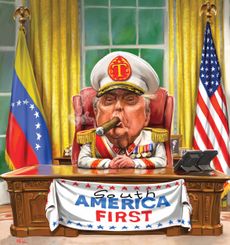
Why does Donald Trump want Venezuela's oil?
The US has seized control of Venezuelan oil. Why and to what end?
By Simon Wilson Published
-

Is US stock market exceptionalism over?
US stocks trailed the rest of the world in 2025. Is this a sign that a long-overdue shift is underway?
By Cris Sholto Heaton Published
-

Metals and AI power emerging markets
This year’s big emerging market winners have tended to offer exposure to one of 2025’s two winning trends – AI-focused tech and the global metals rally
By Alex Rankine Published
